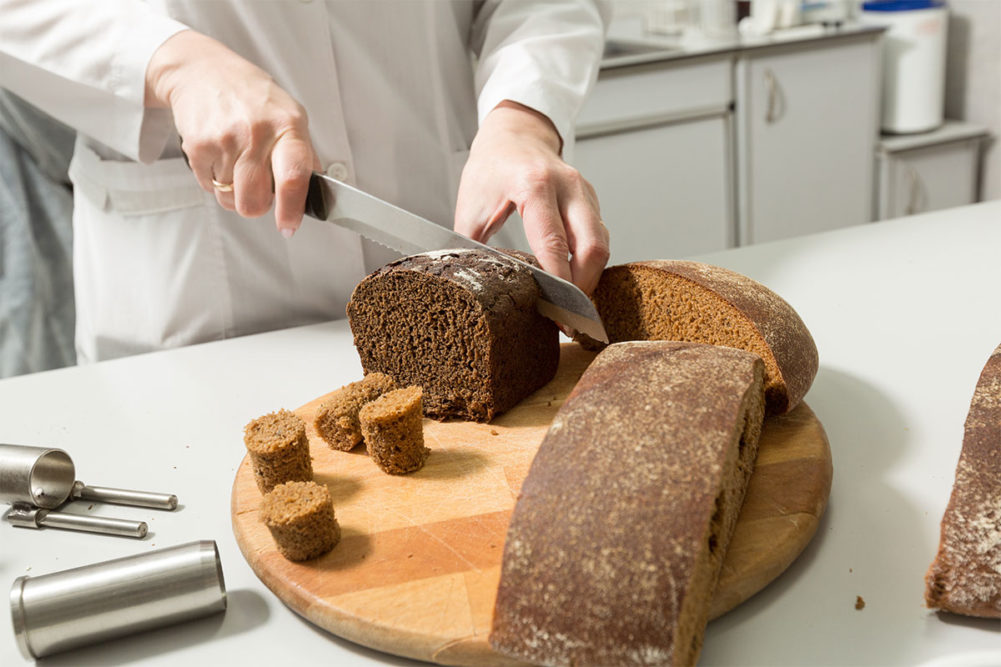More than two years since COVID first began its spread, the willful spread of misinformation related to the pandemic and the willingness of so many to believe far-fetched theories about the virus, the vaccine and potential treatments have caught many Americans off guard. A survey from the Kaiser Family Foundation about perceptions of COVID myths showed 31% of respondents either believe (8%) or are unsure (23%) whether COVID-19 vaccines cause infertility; 28% either believe (14%) or are unsure (14%) whether ivermectin is a safe and effective treatment for COVID; and 24% either believe (7%) or are unsure (17%) whether COVID vaccines contain a microchip. That’s tens of millions of Americans believing or not ruling out the microchip canard.
If there is any group, though, that shouldn’t be surprised by the barrage of nonsense about COVID and by the willingness of so many to believe outrageous falsehoods, it is the grain-based foods industry. For fame, fortune or, sometimes, for reasons too mysterious to understand, there has never been a lack of critics of flour-based foods propagating pseudoscientific explanations to scare people away from bread and toward an unproven and potentially dangerous alternative.
It is therefore not surprising that, as they try to wrap their heads around a culture of science-denial associated with the pandemic, many in the general population are highlighting analogous incidents from the past. In recent weeks, videos with such parallels have gained interest. Not infrequently, food factors into the earlier episodes.
One such video features a brief 1981 interview of the celebrated 20th century scientist Richard Feynman describing the growing prevalence of pseudoscience. Dr. Feynman, who won the 1965 Nobel Prize in physics for his work in quantum electrodynamics, said, “We get experts on everything who sound like scientific experts. They aren’t.”
He went on to describe a phenomenon that presaged today’s viral social media culture:
“They sit at a typewriter all day and they make up something like… ‘Oh, food grown with organic fertilizer is better for you than food grown with fertilizer that isn’t organic.’ It may be true. It may not be true. It hasn’t been demonstrated one way or another. But they’ll sit all day at the typewriter and make up all this stuff as if they’ve become an expert on foods, organic foods. There are all kinds of myths and pseudoscience all over the place. I may be quite wrong. Maybe they do know these things, but I don’t think I’m wrong. You see I have the advantage of having found out how hard it is to really get to know something. How careful you have to be about checking your experiments. How easy it is to make mistakes. I know what it means to know something, and therefore, I see how they get their information, and I can’t believe they know it. They haven’t done the work necessary… And they’re intimidating people.”
In the 40 years since the interview, the generation of such pseudoscience has expanded unabated. A news story just last fall at the start of the football season described quarterback Tom Brady’s aversion to bread and went on to quote a registered nutritionist, Maryann Walsh, who warned, “Blood sugar spikes from excessive consumption of bread can accelerate aging due to the creation of Advanced Glycation End Products (appropriately nicknamed for its acronym: AGEs).”
As Dr. Feynman would say, Ms. Walsh has not yet “done the work necessary” to claim as fact that eating excessive amounts of bread accelerates the aging process. Yet, an incendiary allegation about a dietary staple is published by a news outlet without challenge.
The media may view such stories as benign. The truth is the proliferation of pseudoscience related to food for decades helped sow the seeds for the tidal wave of lies being disseminated today about COVID-19, and with deadly results.





